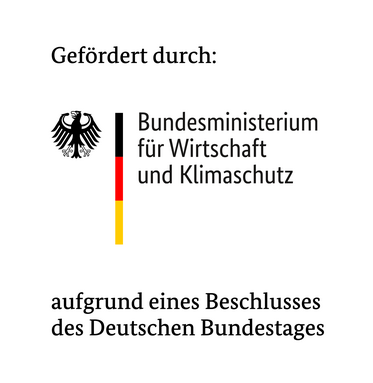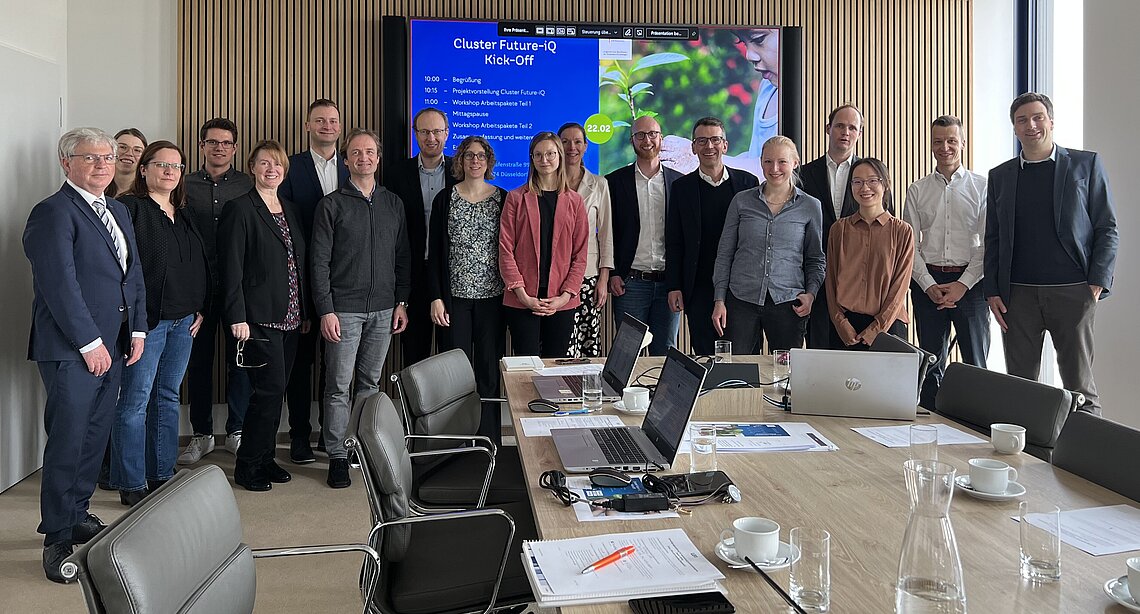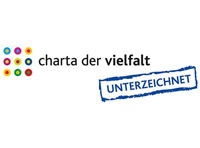R&D with the Fraunhofer Institutes UMSICHT and FIT
The focus is on the joint development of integral neighbourhood solutions for the rapid, socially acceptable implementation of CO2 reduction measures.
Together with the Fraunhofer Institutes UMSICHT and FIT, LEG launched Future-iQ at the beginning of 2023 to initiate a research cluster. The core of the research is the implementation and practical testing of innovative energy supply concepts in two archetypal neighbourhoods in Gelsenkirchen and Cologne, which, due to their building and ownership structure, enable rapid and broad implementation and have great transfer potential to the entire housing industry.
The research project is funded by the Federal Ministry for Economic Affairs and Climate. The project partners came together through the ODH - Open District Hub e.V. The non-profit association is committed to the success of the energy transition and the development of liveable and climate-neutral cities and regions.
The Project
1st section - Future-iQ project (4 years)
In the first four-year section, the foundation will be laid to develop and test innovative solution approaches for accelerated and broad-based as well as socially acceptable implementation of CO2 savings in existing neighbourhoods with multi-family dwellings.
Further sections / follow-up projects:
In further, possible follow-up projects, innovative concepts and technologies, such as a CO2-adaptive control system for promoting and activating energy-saving behaviour based on the basic work in the Future-iQ project, can be developed and tested in practice.
Project team at LEG:
- Joachim Ditzen, Managing director of EnergieServicePlus GmbH
- Liisa Clemens, Project manager
- Tobias Reiners, ESP - EnergieServicePlus
- Jiayu Zhou, ESP - EnergieServicePlus
Further information on the project Future-iQ is available from the Fraunhofer Institute Umsicht:










